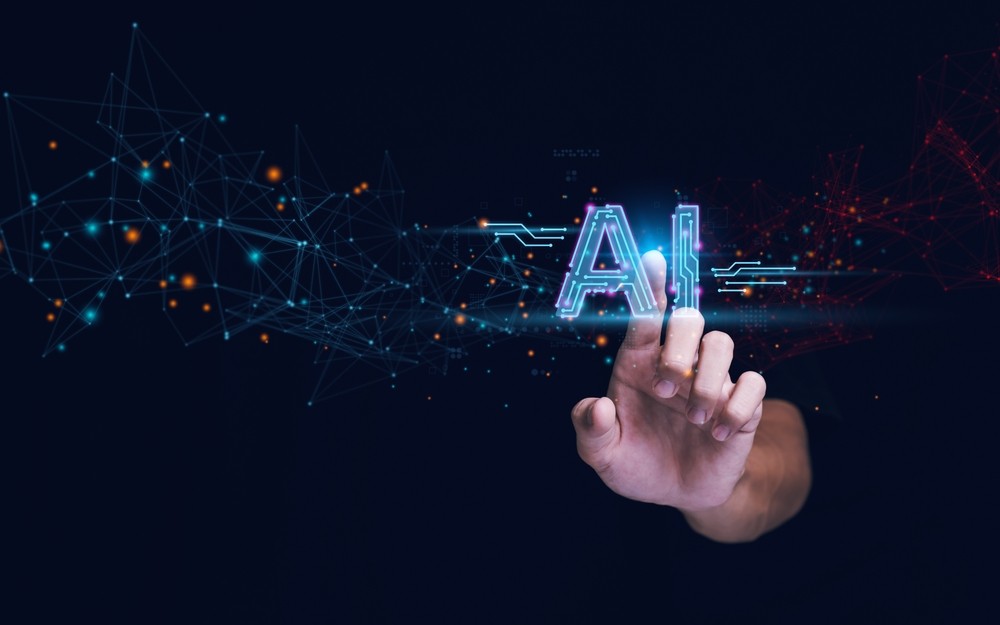Businesses who rush to adopt generative AI tools will encounter prolonged challenges with their existing infrastructure, new research from Console Connect, a global Network-as-a-Service provider, has revealed.
According to its latest global survey, more than three quarters of business IT leaders and CTOs (76%) agreed the fast adoption of generative AI (Gen AI) will have long-term repercussions on technology infrastructure planning for their organisation.
Additionally, two-thirds of CTOs (66%) said their network infrastructure does not have the capacity to embrace Gen AI to its full potential; while 76% believe their IT teams are under increasing pressure to adopt Gen AI within their organisation.
The large volumes of additional data being generated by Gen AI and the requirement to move this data to and between private and public clouds is already starting to introduce greater cost and complexity to enterprise networks.
As enterprises build hybrid and multi-cloud architectures to deliver and support generative AI, they need to re-examine how they access the cloud.
The survey conducted by Arlington Research engaged 1,000 CTOs and senior IT leaders across the UK, US, Australia, Hong Kong, and Singapore, providing a comprehensive perspective on the challenges and demands associated with Gen AI adoption.
The findings underscore a growing awareness among industry leaders regarding the potential long-term repercussions of embracing Gen AI without strategic planning.
“The rapid development of generative AI creates a demand on networks that we have not seen before,” says Paul Gampe, CTO of Console Connect. “As CTOs and senior IT leaders adopt Gen AI tools within their organisation, they need to consider the short and long-term implications of moving larger volumes of sensitive data to and between private and public clouds.”
Security is also a big concern when it comes to the adoption of Gen AI. Seven-in-ten (70%) feared the use of Gen AI is going to put their organisation's network at risk of cyberattacks or data breaches – a figure which rises to 90% in Australia.
Cybersecurity risks and lack of IT skills/expertise to support it are seen as the main barriers to adopting Gen AI in their organisations.
“These survey results demonstrate that when it comes to deploying mission-critical AI applications, businesses are growing increasingly concerned about the need to be securely connected and that the public internet is no longer suitable for handling many of these applications and workloads. Automation and the move to Network-as-a-Service presents a way for businesses to break away from traditional network infrastructure and the public internet, and instead utilise automated, private and secure network connections to the cloud that can be dynamically adapted to meet the needs of generative AI,” said Gampe.




